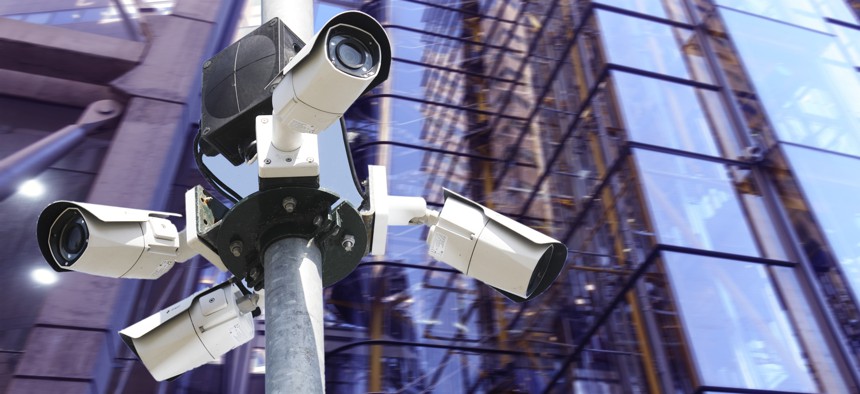Smart street pilots aim to curb parking violations

Peter Cade/Getty Images
Chicago plans to use cameras to enforce parking rules, boost safety for pedestrians and cyclists and streamline operations in commercial loading zones.
Chicago may be launching two smart streets pilots to boost traffic safety for pedestrians and cyclists, speed up public transportation and reduce loading zone violations.
Last week, Mayor Lori E. Lightfoot introduced to the City Council the Smart Streets Pilots Ordinance, which calls for using new technology and existing infrastructure to enforce parking violations—such as cars parked in bike lanes, bus-only lanes, crosswalks and at bus stops—and enable camera enforcement for parking in commercial loading zones, according to a Jan. 18 press statement.
The Smart Streets Pilot will use cameras on city poles or on the front of city or transit authority vehicles to collect data on vehicles illegally parked in places that imperil pedestrians and cyclists who must maneuver around them. An automated parking enforcement system would photograph an offending vehicle and its registration plate as well as record the time, date and location of the covered offense.
Data collected from cameras will be reviewed by a technician who will determine whether the vehicle was parked or idling where it shouldn’t be. Tickets will then be mailed to violators.
The Smart Loading Zone Pilot would test technological and operational solutions for enforcing parking regulations within commercial loading zones. It aims to reduce congestion and double-parking that endangers drivers, bicyclists and pedestrians and improve curbside management by creating a more efficient system for payment and drop-offs for commercial drivers.
The city will test solutions that improve commercial and delivery loading and unloading, passenger vehicle loading and unloading, short-term vehicle standing as well as taxi, bus or paratransit operations. It will also look into an automated enforcement system for various loading zone uses at different hours of the day and days of the week as well as charging a reasonable fee for the use of curb space in the pilot area.
The Chicago Department of Transportation and Department of Finance will submit a report to the City Council assessing the impact of the pilot programs and the future potential of automated parking enforcement and smart loading zones on traffic safety, pedestrian and cyclist mobility, traffic flow, bus service operations, curb use and efficiency.
“We are proud to introduce an ordinance that will enable two pilots downtown to create safer streets and a better transit experience,” Lightfoot said. “By testing a small-scale pilot in 2023, the city will be better able to evaluate how these initiatives will work best when implemented on a citywide scale.”






